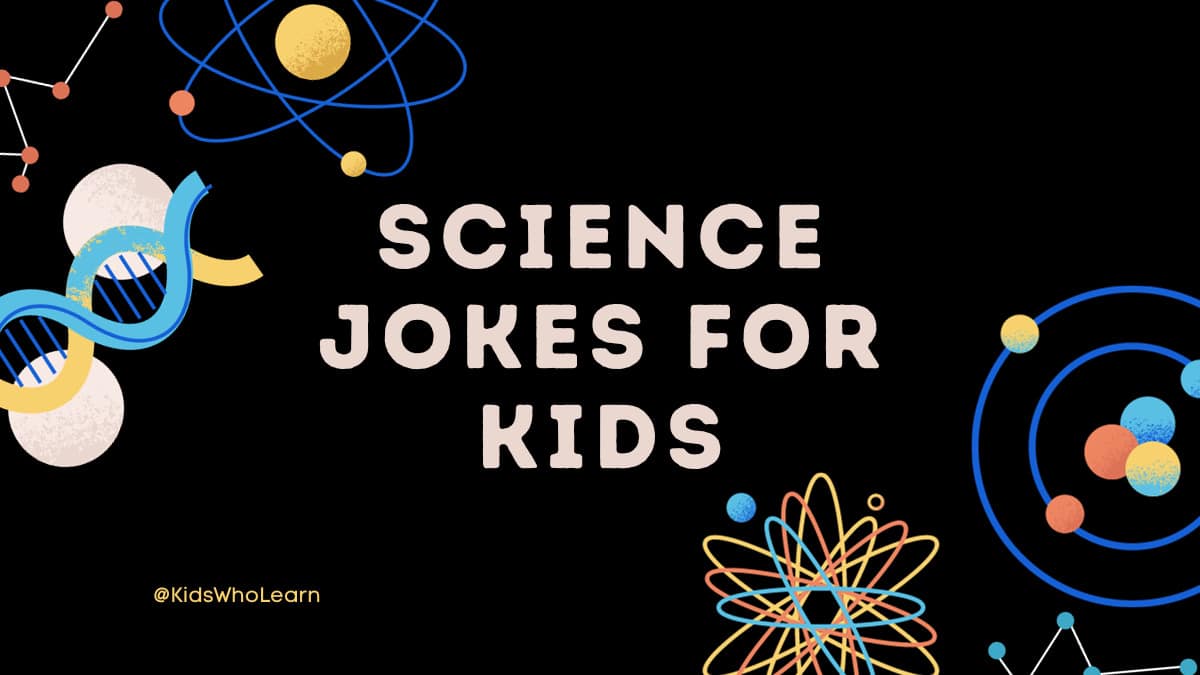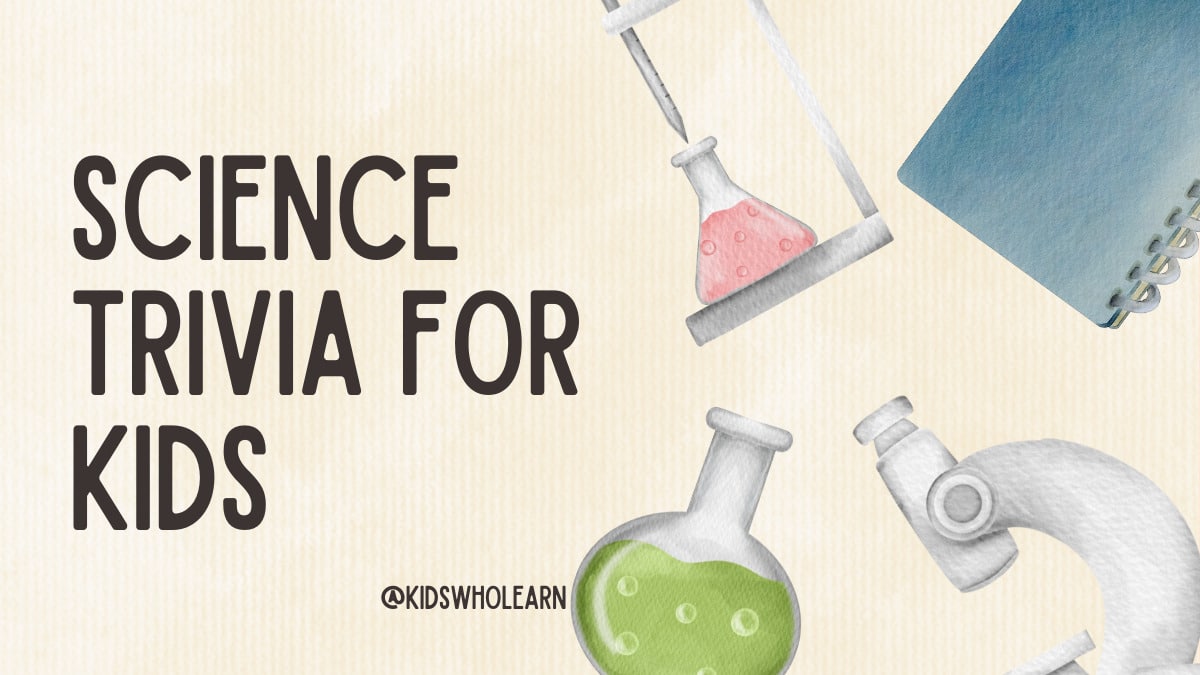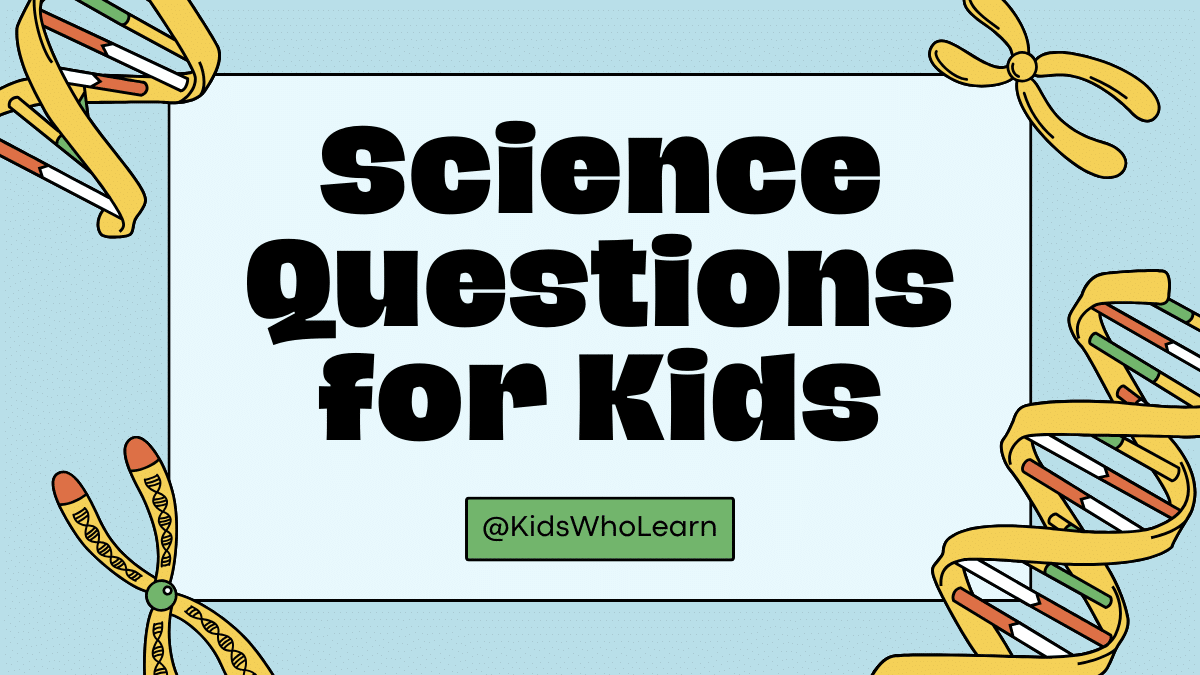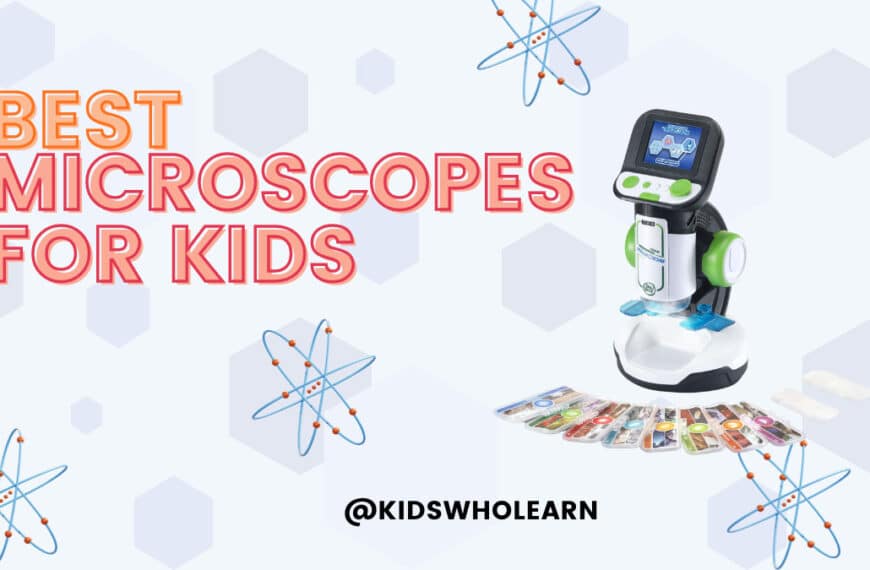Are you looking for a fun and educational way to introduce your child to science? Look no further than science jokes! Not only do they provide a good laugh, but they also help children learn scientific concepts in a memorable way. From puns to riddles, there are plenty of science jokes out there that are appropriate for kids of all ages.
One great thing about science jokes is that they can cover a wide range of topics. Whether your child is interested in biology, chemistry, physics, or earth science, there are jokes out there that will make them smile. Plus, by incorporating humor into the learning process, children are more likely to remember the concepts they are being taught. So why not give science jokes a try? Your child might just discover a newfound love for science!
The Importance of Humor in Learning Science
Learning science can be a challenging task, but it doesn’t have to be boring. One way to make it more enjoyable is by incorporating humor. Humor has been shown to increase engagement, motivation, and retention of information. In this section, we’ll explore why jokes matter and how science jokes can enhance your learning experience.
Why Jokes Matter
Laughter is a powerful tool that can help reduce stress and improve mood. When you’re in a positive state of mind, you’re more likely to be receptive to new information. Jokes can also help make complex concepts more accessible by breaking them down into simpler terms. By using humor, you can create a more relaxed and open learning environment, which can lead to better learning outcomes.
Science Jokes and Memory
Have you ever noticed how you tend to remember things that made you laugh? That’s because laughter triggers the release of endorphins, which can improve memory retention. When you associate a concept with a funny joke, you’re more likely to remember it later on. Science jokes can also help you make connections between different ideas. For example, a joke about the periodic table can help you remember the elements and their symbols.
In conclusion, incorporating humor into your science learning experience can have a positive impact on your engagement, motivation, and retention of information. By using science jokes, you can make learning more enjoyable and memorable. So, the next time you’re struggling to understand a concept, try looking up a science joke to help you remember it.
Classic Science Jokes for Kids
If you’re looking for some classic science jokes to make your kids laugh, you’re in the right place. Here are some of the best science jokes that are sure to tickle your kid’s funny bone.
Physics Jokes
- Why did the physics teacher break up with the biology teacher? There was no chemistry.
- Why did the chicken cross the road? To get to the other side of the potential difference.
- What do you get when you cross a snowman and a shark? Frostbite.
Chemistry Jokes
- Why did the chemist break up with his girlfriend? He thought she was a bit basic.
- What do you do with a sick chemist? If you can’t helium, and you can’t curium, then you might as well barium.
- Why can’t you trust atoms? Because they make up everything.
Biology Jokes
- Why did the tomato turn red? Because it saw the salad dressing.
- Why did the frog call his insurance company? He had a jump in his car.
- What do you call a fish that wears a bowtie? Sofishticated.
Whether your kid is a science nerd or not, these classic science jokes are sure to put a smile on their face.
Interactive Science Jokes
If you’re looking for a fun and interactive way to teach science to kids, science jokes are a great option. They’re funny, engaging, and can help kids remember important concepts. Here are two types of interactive science jokes that you can use to get kids excited about science.
Question and Answer Jokes
Question and answer jokes are a classic type of joke that can be used to teach science concepts. Here are a few examples:
- Q: Why did the tomato turn red?
A: Because it saw the salad dressing!This joke can be used to teach kids about the process of photosynthesis. Tomatoes turn red when they are exposed to sunlight, which triggers the production of a pigment called lycopene.
- Q: Why did the chicken cross the playground?
A: To get to the other slide!This joke can be used to teach kids about the concept of gravity. The chicken is able to slide down the slide because of the force of gravity pulling it down.
- Q: Why did the cookie go to the doctor?
A: Because it was feeling crumbly!This joke can be used to teach kids about the concept of matter. Cookies are made up of molecules, which are constantly moving. When they start to break down, the cookie becomes crumbly.
Riddles
Riddles are another fun way to teach science concepts. Here are a few examples:
- What do you get when you cross a snowman and a shark?
Frostbite!This riddle can be used to teach kids about the concept of adaptation. Sharks have adapted to their environment by developing a special type of tissue that helps them regulate their body temperature.
- What do you call a dinosaur with an extensive vocabulary?
A thesaurus!This riddle can be used to teach kids about the concept of classification. Dinosaurs are classified into different groups based on their physical characteristics and behavior.
- What do you call a sleeping bull?
A bulldozer!This riddle can be used to teach kids about the concept of energy. When a bull is asleep, it is not using any energy. When it wakes up, it becomes a bulldozer, using a lot of energy to move around.
Overall, science jokes are a great way to make learning fun and engaging for kids. By using humor to teach science concepts, you can help kids remember important information and develop a love for science that will last a lifetime.
Creating Your Own Science Jokes
Making your own science jokes can be a fun and creative way to learn more about science and make others laugh. Here are some tips and examples to get you started.
Tips and Tricks
- Start with a scientific concept or term that you find interesting or funny.
- Think about how you can play with the words or concepts to create a humorous twist.
- Use puns, wordplay, or exaggeration to add humor to your joke.
- Keep it simple and easy to understand, especially if you’re telling the joke to younger kids.
- Practice your delivery and timing to make the joke funnier.
Examples
Here are some examples of science jokes that you can use as inspiration for creating your own:
- Why did the physics teacher break up with the biology teacher? Because there was no chemistry.
- Why did the bacteria cross the road? To get to the other slide.
- Why don’t scientists trust atoms? Because they make up everything.
- Why did the electron go to the doctor? Because it had a proton.
Remember, the key to making a good science joke is to have fun with it and not take it too seriously. So go ahead and experiment with different ideas and see what works best for you.
Conclusion
Congratulations! You’ve made it to the end of this article about science jokes for kids. Hopefully, you’ve found some jokes that made you laugh and maybe even learned something new about science along the way.
Remember, science doesn’t have to be boring or serious all the time. Jokes and humor can be a great way to make learning about science more fun and engaging for kids. Plus, they can help kids remember important scientific concepts and ideas.
If you’re a parent or teacher, consider sharing these jokes with the kids in your life. You never know, you might just inspire the next generation of scientists and comedians!
And if you have any science jokes of your own, be sure to share them with others. Laughter is contagious, and who knows, you might just brighten someone’s day with a good joke.
Thanks for reading, and keep on laughing and learning!







